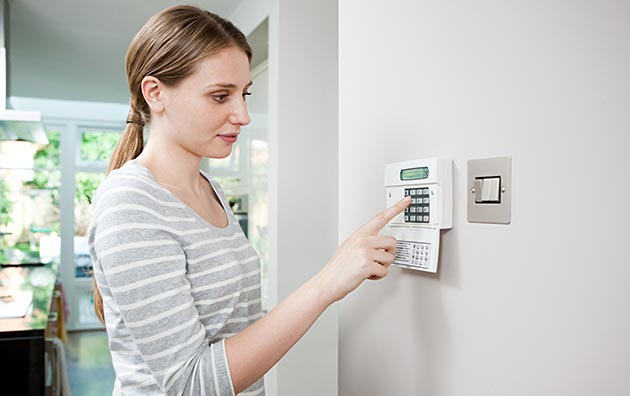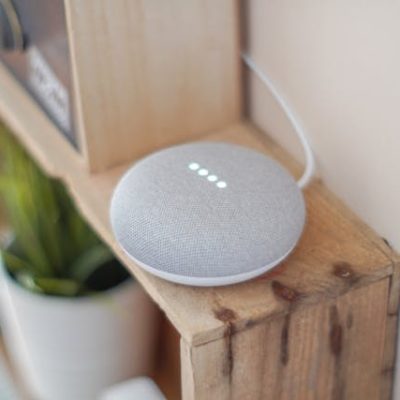Winter approaches us each year and there are things we can do to minimize overall insurance risks. Winter is probably the most extreme season and it could contribute to the progression of damage outside and inside our house. During fall, we may need to evaluate our house and see whether it is still safe for winter. We may need to winterize our house and plan for the cold weather. There are always added benefits that we can get by winterizing our house. For starters, we may start from inside the house and then we could work our way out. As an example, we should check the insulation of our house to make sure that moisture won’t get inside the house.

- Check windows and door: It’s not a good idea to raise the external temperature of our house with a furnace. Any crack should be sealed with weather-stripping or caulking. It means that heat won’t escape through any of the crack.
- Check water pipes: We should take proper steps to prevent pipes to get directly exposed by freezing temperature. Frozen pipe may rupture and it has to be covered by houseowner’s insurance. The cost of repairing flooded basement can be result in higher insurance rates. To reduce rates, we will need to make sure that pipes are protected and the basement won’t be flooded.
- Use central heating system: Central heating system is safer than space heaters. They can be controlled easier and fire hazard can be minimized.
- Seal and clean air ducts: Air ducts that are coated with dust could make furnace to become less efficient. Gaps in air ducts could also prevent furnace from working at higher efficiency.
- Perform furnace maintenance: We haven’t used the furnace for almost a year and it is a good idea to check whether it is still working properly. We may ask the assistance of a heating professional. In order to reduce the overall insurance rates, we may consider replacing the furnace with a more efficient and newer model. Furnace filter may also be replaced and newer programmable thermostat could reduce the overall heating costs.
- Check smoke alarms: Due to constant use of heating system and fireplace, fire hazard can be higher during the winter. Cases of death caused by smoke inhalation are higher during the winter. It means that the fire department should arrive immediately, before it is too late.
- Check wood stoves and chimneys: Poorly maintained wood stoves and chimneys could increase the risk of fire hazard and smoke inhalation. Accumulation of creosote in our chimney may increase the possibility of fire. Chimney shouldn’t be obstructed with bird nest or other unwanted pests.
- Check gutters and roof: Risks of water damage is higher during the winter. Ice dams may occur in gutters and roof if we neglect to clean them. Contact Aurora roofing if you find any leaks or damage on your roof. Dry leaves may accumulate during the fall and just before the first snow arrives, our roof and gutter should be clean and unobstructed.




